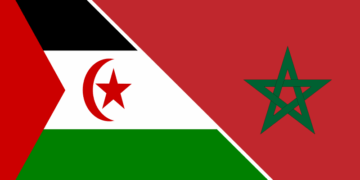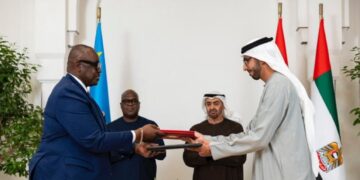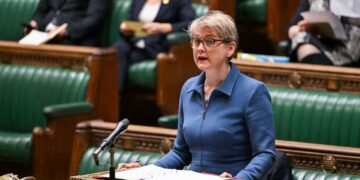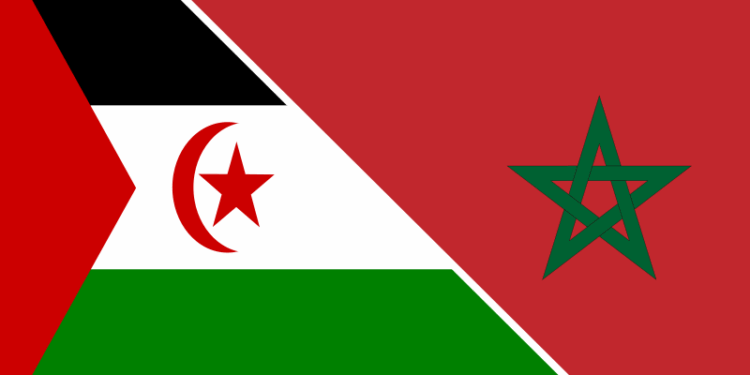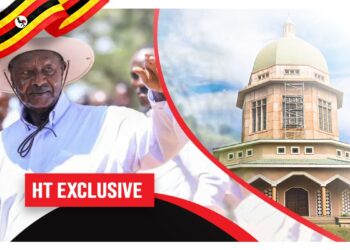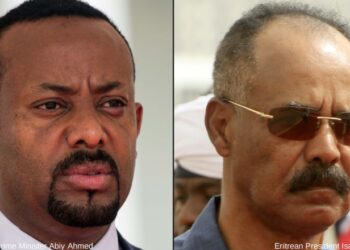By Emmanuel Nduka Obisue
As the decades-long dispute over Western Sahara nears another crucial United Nations Security Council review on October 31, Morocco’s autonomy plan which was first proposed in 2007, continues to gather international traction.
The plan, which offers limited self-rule for the disputed territory under Moroccan sovereignty, is being seen by many global actors as the most pragmatic route to a lasting political settlement.
Below are five key talking points shaping the conversation around Morocco’s autonomy proposal:
Growing International Support
Belgium recently became the latest Western nation to back Morocco’s autonomy plan, joining the United States, Britain, and several European Union countries. The endorsement came through a joint declaration in Brussels, where Belgium’s Foreign Minister, Maxime Prévot, described the proposal as “the most adequate, serious, credible, and realistic basis” for resolving the Western Sahara conflict.
Morocco’s Foreign Minister, Nasser Bourita, hailed the move as recognition of King Mohammed VI’s “realistic and legitimate vision” for peace in the region.
A Shift Away From Independence Calls
While Morocco views Western Sahara as an integral part of its territory, the Algeria-backed Polisario Front insists on the Sahrawi people’s right to self-determination through a referendum that includes independence as an option. However, the growing list of Western and African nations supporting Morocco’s plan marks a diplomatic shift away from the long-standing push for full independence. This is a position increasingly viewed as untenable after nearly five decades of stalemate.
The Polisario’s Conditional Softening
Despite rejecting the autonomy plan outright in the past, Polisario’s chief diplomat, Mohamed Beissat, recently signaled a subtle change in tone. Speaking to the media, he said the group might accept Morocco’s autonomy proposal, but only if the Sahrawi population validates it through a UN-organized referendum that includes the independence option. This nuanced position underscores the movement’s struggle to maintain international sympathy amid growing support for Morocco’s sovereignty framework.
The UN’s Push For A Political Resolution
The United Nations has long sought to mediate a compromise over Western Sahara, which has remained on its decolonization agenda since Spain’s withdrawal in 1975. With the Security Council expected to deliberate a new resolution on October 31, international observers believe the UN is under pressure to facilitate a political solution rather than prolong the status quo.
Many diplomats see Morocco’s autonomy plan as aligning with UN calls for a “mutually acceptable” settlement that guarantees stability and regional cooperation.
Regional And Economic Implications
Beyond political symbolism, the autonomy plan has significant economic and security implications. A settlement under Morocco’s sovereignty could open Western Sahara to foreign investment, infrastructure development, and energy exploration which vital for North Africa’s stability.
For Rabat, it would cement its territorial integrity; for the region, it could mean reduced tensions between Morocco and Algeria, whose rivalry continues to fuel instability across the Maghreb and Sahel.
As diplomatic momentum builds, the coming weeks could prove pivotal. Whether the Polisario Front’s call for a referendum gains traction or Morocco’s autonomy proposal secures wider international endorsement, one thing remains clear. The global community is increasingly aligning behind a political end to one of Africa’s longest-running territorial disputes.
